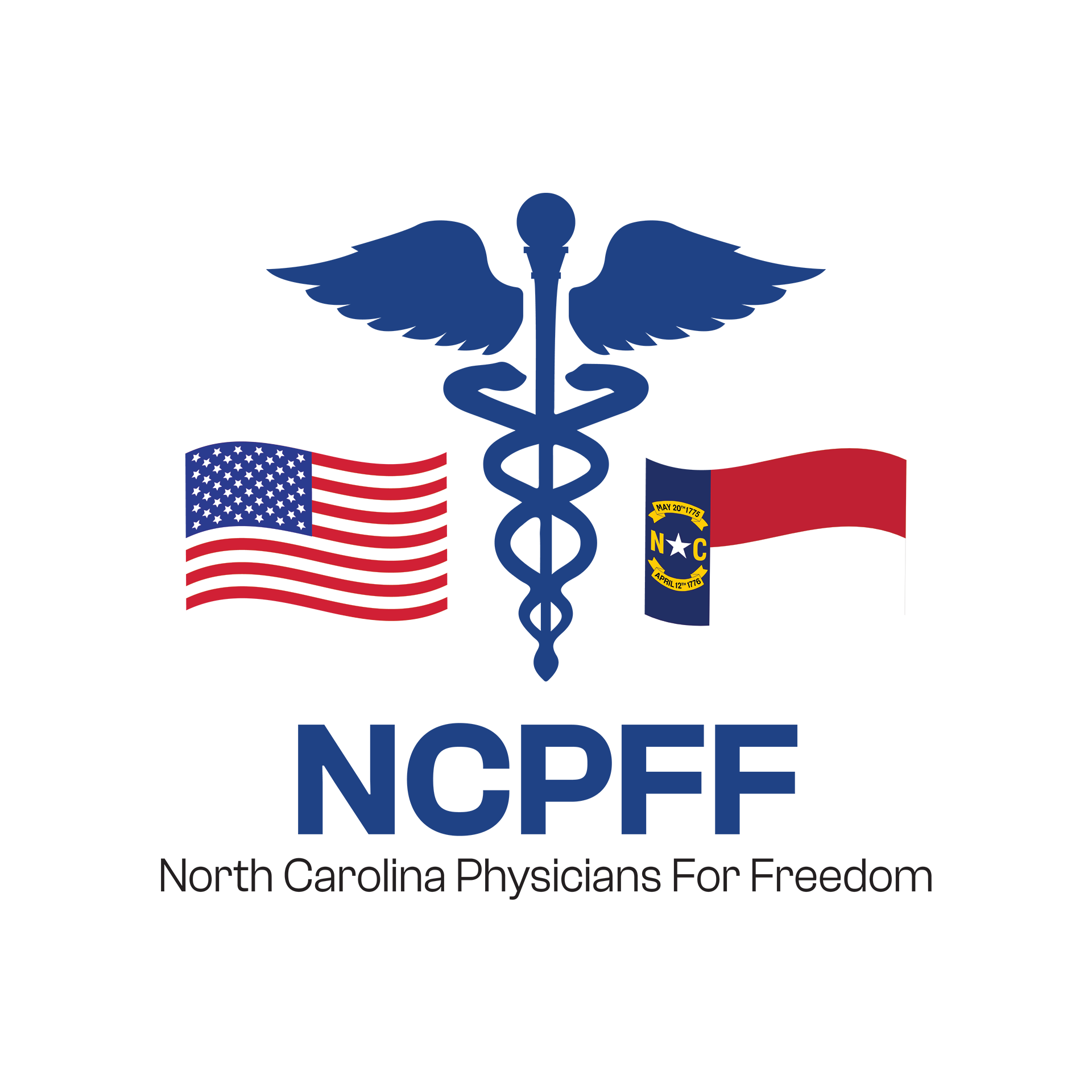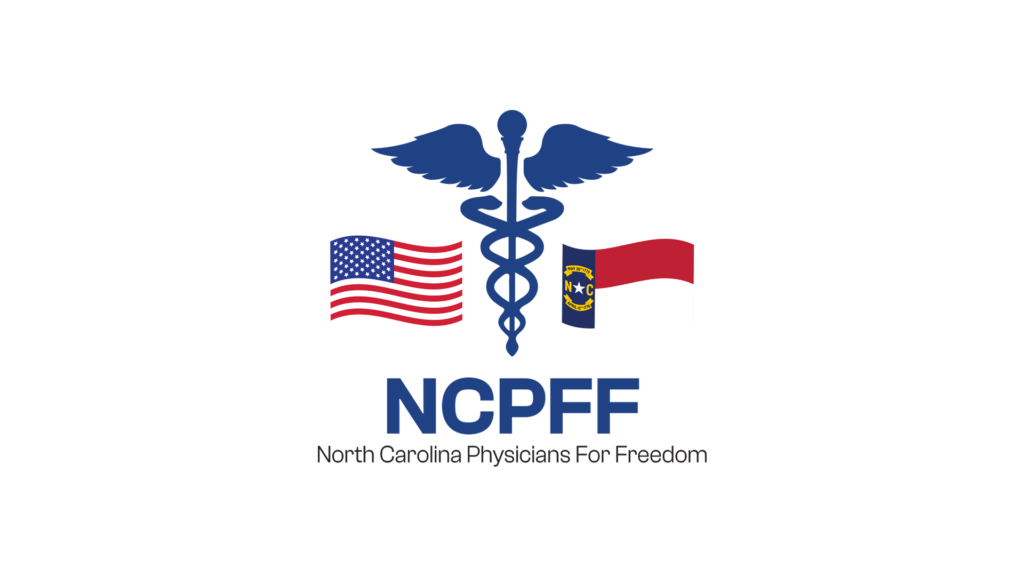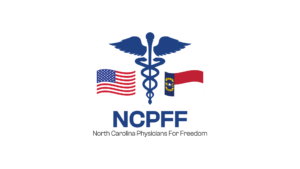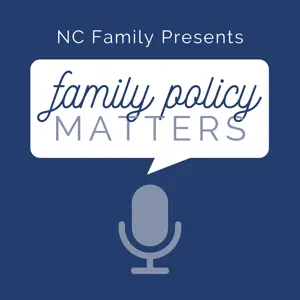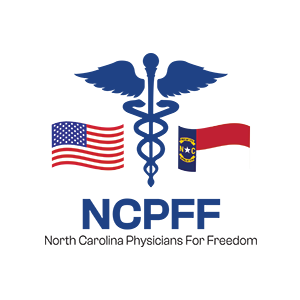The physicians and other practitioners of North Carolina Physicians for Freedom (NCPFF) are deeply concerned about the health care of North Carolina’s low-income population. Although Medicaid expansion sounds like a policy that would benefit the poor, we are apprehensive that it would, in fact, cause more problems for the poor and all citizens of North Carolina.
NC Republican leadership appears ready and willing to vote for Medicaid expansion; and in support of this position, they have stated that: “NC has finally ‘cleaned up Medicaid,’ and is ready to receive more money; many poor people cannot afford insurance; rural hospitals are in serious condition and in need of support; it will be a financial boom for the state, enhancing the 90-10 federal match this expansion will guarantee.”
However, The Foundation for Government Accountability (FGA) and American Association of Physicians and Surgeons (AAPS) have provided data to indicate that this match will only last about 2 years, then it will become an unfunded mandate for NC.
Additionally, what seems to be the main point of urgency to key legislators, is that, if NC “signs on before the end of the year,” the state will receive a $1.5 billion dollar bonus, and 8 billion dollars over the next 10 years. NCPFF was also assured that if we refuse, our state will be penalized by having a portion of our federal Medicaid match withdrawn. This is likely true, as federal dollars come with many rules and regulations (agendas) that must be followed to receive funding. Even so, we must ask are the true “costs” worth the strings that will come with this funding—and more importantly, what are those strings?
Four Reasons Medicaid Expansion Does Not Benefit the Poor, the Medical System, or the People of NC
- With Medicaid expansion, 320,000 low-income North Carolinians will be shifted from their free, federally funded private insurance into Medicaid. https://thefga.org/paper/medicaid-expansion-private-insurance/ Though one would hope that with the large population they propose to serve, and the billions of accompanying dollars, the government could provide better benefits for less than the private sector. However, the reality is that Medicaid recipients sometimes receive inferior care or no care at all. While many providers in NCPFF’s network offer care for Medicaid recipients, the reimbursement is often so low that they work at a loss. In some areas of the state there are few or no physicians who accept Medicaid. In addition, those currently on federally funded private insurance would lose coverage and would likely have difficulty finding local physicians who will provide services now that they are on Medicaid.
The downgrade in quality coverage will impact many North Carolinians. 75% of NC’s potential expansion population will go out of private coverage into inferior Medicaid coverage. 64-percent of potential enrollees in NC already have access to health insurance through their employer, another 11 percent of potential enrollees have free coverage on the individual market. That means, three in every four potential enrollees already have access to free or low-cost health care.
- Not everyone who applies for Medicaid receives it or must wait until funding becomes available. Many truly needy individuals such as the elderly and disabled continue to be on Medicaid waiting lists. Medicaid expansion would bring more than 600,000 newly eligible able-bodied adults into the system. Expansion will not benefit those Medicaid was initially designed to cover, which is the blind, disabled and low-income. NC currently has 10,000 individuals with developmental and intellectual disabilities waiting for Medicaid; expansion will not cover them.
- It is estimated that over 20,000 have died while on Medicaid waiting lists in expansion states. The Medicaid Waiting List Crisis
Medicaid is intended for the blind, disabled and low-income, expansion does not profit this population, but a new population of at least 600,000.
- Though Medicaid often provides inferior care because of low reimbursement rates, it is estimated that $6.86 billion in improper payments were paid last year alone. It is clear that the program is ripe for corruption.
To put this in perspective, the federal government paid more money on improper Medicaid payments than North Carolina spent on everything. Fact sheet 2020 Estimated Improper Payment Rates for Centers for Medicare & Medicaid Services (CMS) Programs
In terms of current access to care, NC already has 300 federally qualified health care centers and clinics that already provide care to low-income individuals at low or no cost across North Carolina. Find a Community Health Center Near Me
Other Medicaid Concerns: Schools and Children
- In terms of what Medicaid covers outside the traditional intention and definition of the program, in many states, it also covers “sex reassignment and treatment.” The minimum age has been 18, however, recently revised regulations allow for under “treatment” for under age 18 in specific cases if medical necessity is demonstrated, and prior approval is received.” Children under 18 are not developmentally capable of making these life-altering, decisions about irreversible changes to their bodies.
- Medicaid Expansion will increase support for school counseling and psychological counseling services. NCPFF believes that all children should have access to high quality mental health services; however, a growing number of regulations put barriers between parents and their children, citing “privacy rights and confidentiality for the child.” (regardless of their age).
Expansion will bring substantial financial support to North Carolina, but growing evidence confirms it will, in fact, not be beneficial for NC
PLEASE CONTACT YOUR REPRESENTATIVES
To find out which House and Senate district you live in use the address look-up function in the embedded district maps on the Representation section of the NC General Assembly website.
